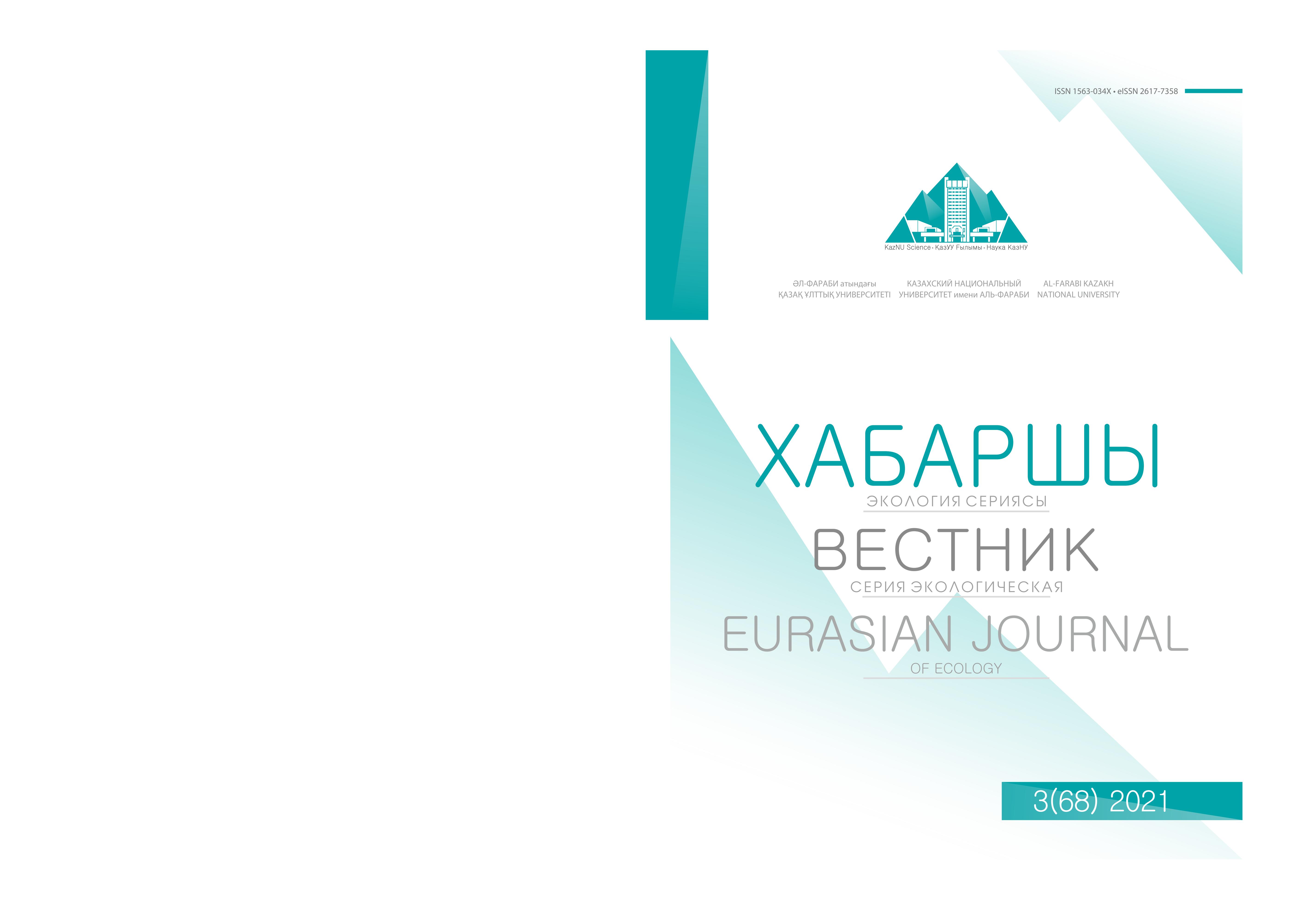Comprehensive assessment of groundwater quality in the winter season in rural areas of the Karaganda region in the vicinity of the Nura river
DOI:
https://doi.org/10.26577/EJE.2021.v68.i3.02Abstract
In present research article, we studied the environmental characteristics of groundwater and central water supply applied for drinking and economic activities in the village of Nura. Following standard methods, water samples were obtained in triplicate from randomly selected sites.
As a result, a detailed assessment of groundwater quality was performed in the village of Nura, Karaganda region. It was found that groundwater is mainly contaminated with mushrooms. The test for the determination of TBC showed that bacteria were also found in water samples, in particular. The presence of coliform bacteria in groundwater samples was associated with poorly constructed septic tanks and the presence of many open landfills in the village. The results of the experimental data obtained from the study on counting bacterial colonies showed that at different points of sampling, the number of bacteria had different growth trends, but colony-forming bacteria were present in all samples. According to hydrochemical analyzes of water, it can be seen that the MPC is raised in the content of iron, BOD and sulfates. At the same time, it is recommended to improve the quality of water at the household level by chlorination, adding alum, filtration, disinfection and boiling.
Key words: drinking water, water quality, bacterial contamination, groundwater, environmental characterization.













